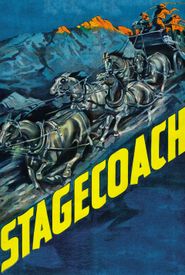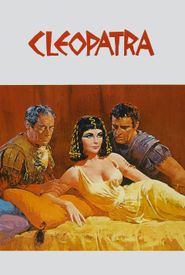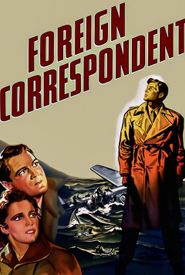Walter Wanger was a renowned American film producer of his time, renowned for his intellectual inclinations and socially conscious approach to filmmaking. Born in New Hampshire, he was a graduate of Dartmouth College, where he had already staged theatricals and directed on Broadway.
Wanger's career in the film industry began in 1921 as an assistant to studio vice president Jesse L. Lasky at Paramount. He worked his way up the ranks, eventually becoming a senior executive with the power to hire and fire writers, directors, and stars. However, a disagreement with Lasky led to his departure, and he went on to have success as a theatrical producer and agent in England.
In 1923, Wanger was appointed head of Paramount's Long Island Studio, and soon after, he became chief of production, a position he held until 1931. After leaving Paramount due to personality clashes with new senior management, he worked briefly at Columbia and MGM, producing several big hits, including The Bitter Tea of General Yen (1932) and Queen Christina (1933).
However, Wanger's disagreements with Harry Cohn and L.B. Mayer led him to turn independent, releasing his films through Paramount and United Artists. By 1936, his own production company had the most substantial star roster of any independent filmmaker in Hollywood, including Madeleine Carroll, Charles Boyer, Henry Fonda, and Sylvia Sidney.
Wanger's first major success as an independent was The Trail of the Lonesome Pine (1936),the first Technicolor feature for Paramount, and also the first to be shot primarily outdoors. He went on to produce several expensive all-color extravaganzas, including Vogues of 1938 (1937),which failed to recoup its cost of $1.4 million.
Despite this setback, Wanger's reputation continued to grow, with films like Stagecoach (1939) and The Long Voyage Home (1940),both directed by John Ford, and Foreign Correspondent (1940),directed by Alfred Hitchcock. Between 1946 and 1949, Wanger strengthened his production company and established a distribution network, the Wanger-Nassour Releasing Organisation.
However, Wanger's financial woes eventually caught up with him, and his production companies, including Diana Productions and Sierra Pictures, were severely impacted by the financial failure of his 145-minute Technicolor epic, Joan of Arc (1948),starring Ingrid Bergman. The film's poor reception and high production costs led to Wanger's financial ruin, and he was forced to spend four months in jail for attempted murder after shooting his wife's paramour.
Despite this setback, Wanger bounced back, producing the socially conscious prison film Riot in Cell Block 11 (1954) on a relatively modest budget, and the iconic science fiction film Invasion of the Body Snatchers (1956),directed by Don Siegel. He also produced the film Cleopatra (1963),which, despite its excessive cost and production difficulties, almost ruined 20th Century Fox and brought about his own premature retirement.
Throughout his career, Wanger was known for his strong intellectual inclinations, his recognition of the value of good writing, and his socially conscious approach to filmmaking. He was a man of strong convictions, who was not afraid to challenge the established Hollywood hierarchy and to speak out against its excesses. Despite his many successes and failures, Wanger's legacy as a pioneering film producer and champion of socially conscious filmmaking continues to be celebrated to this day.















